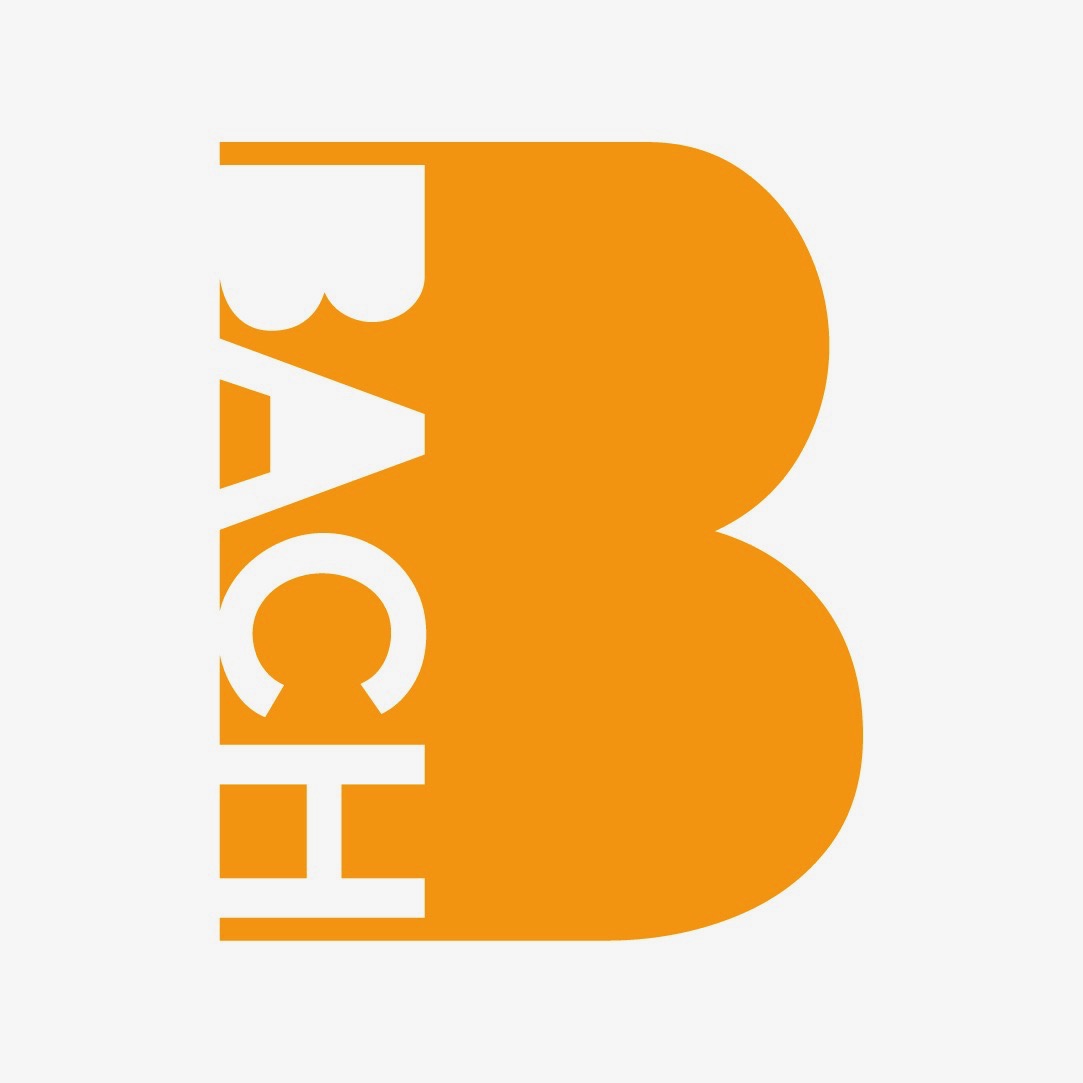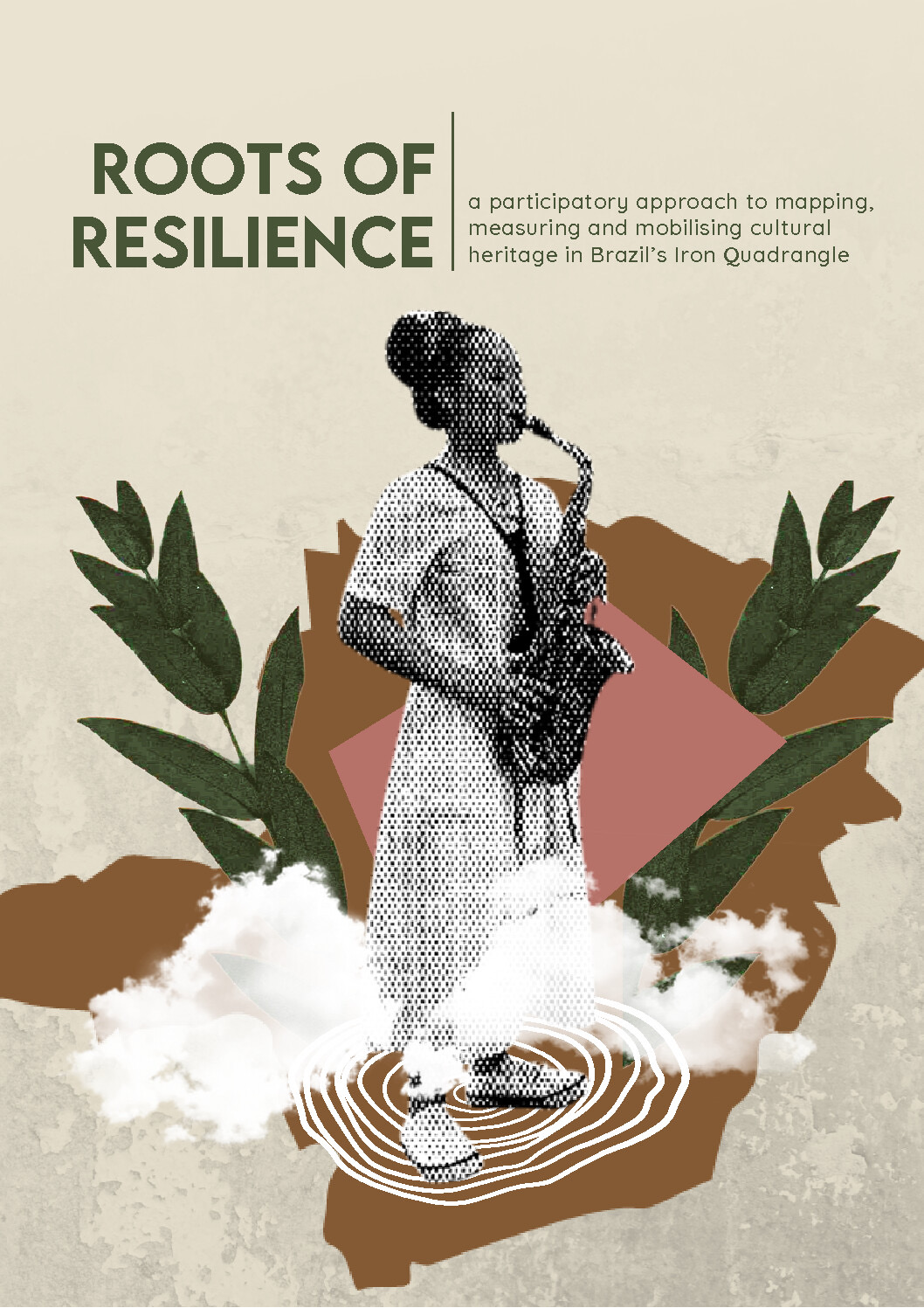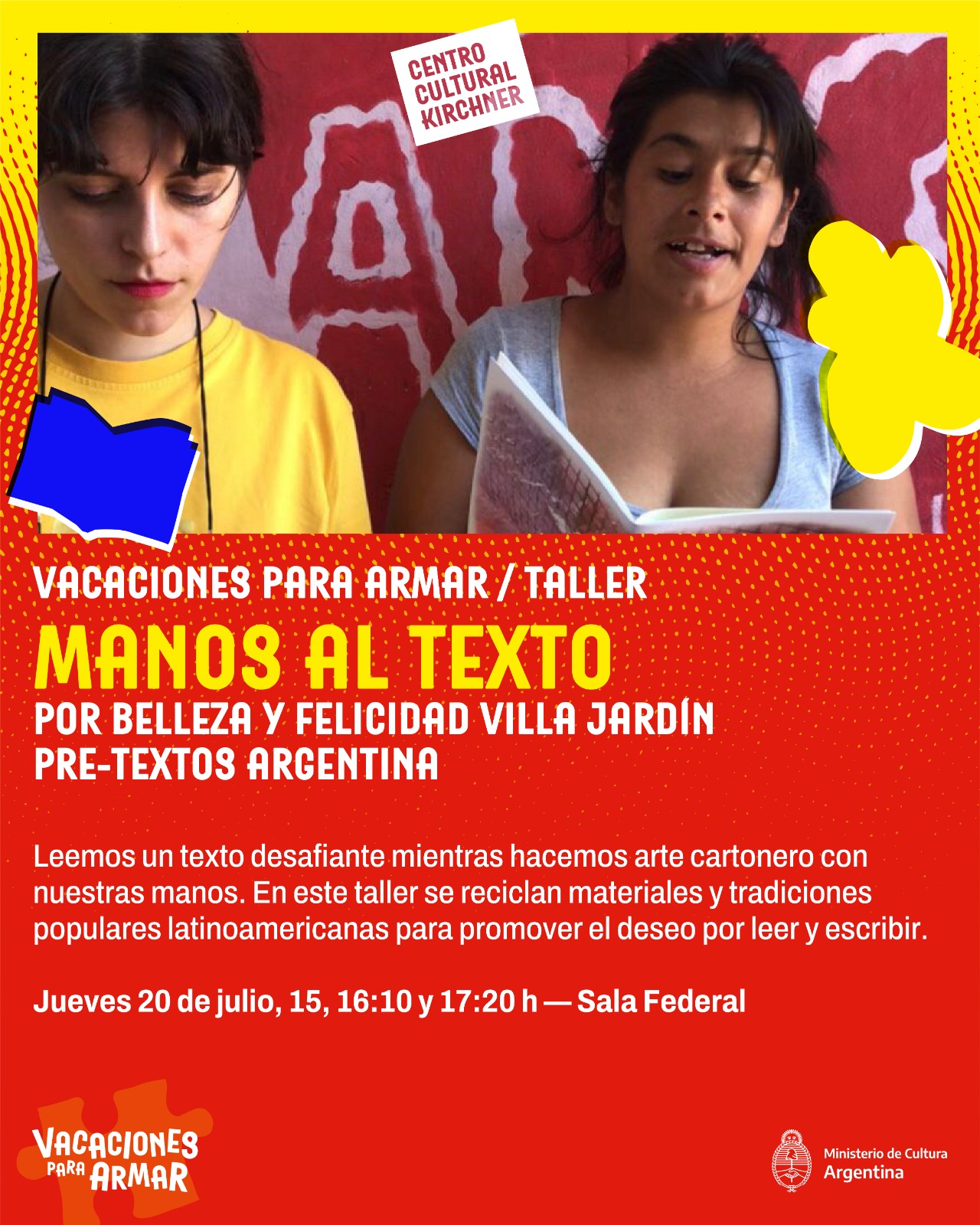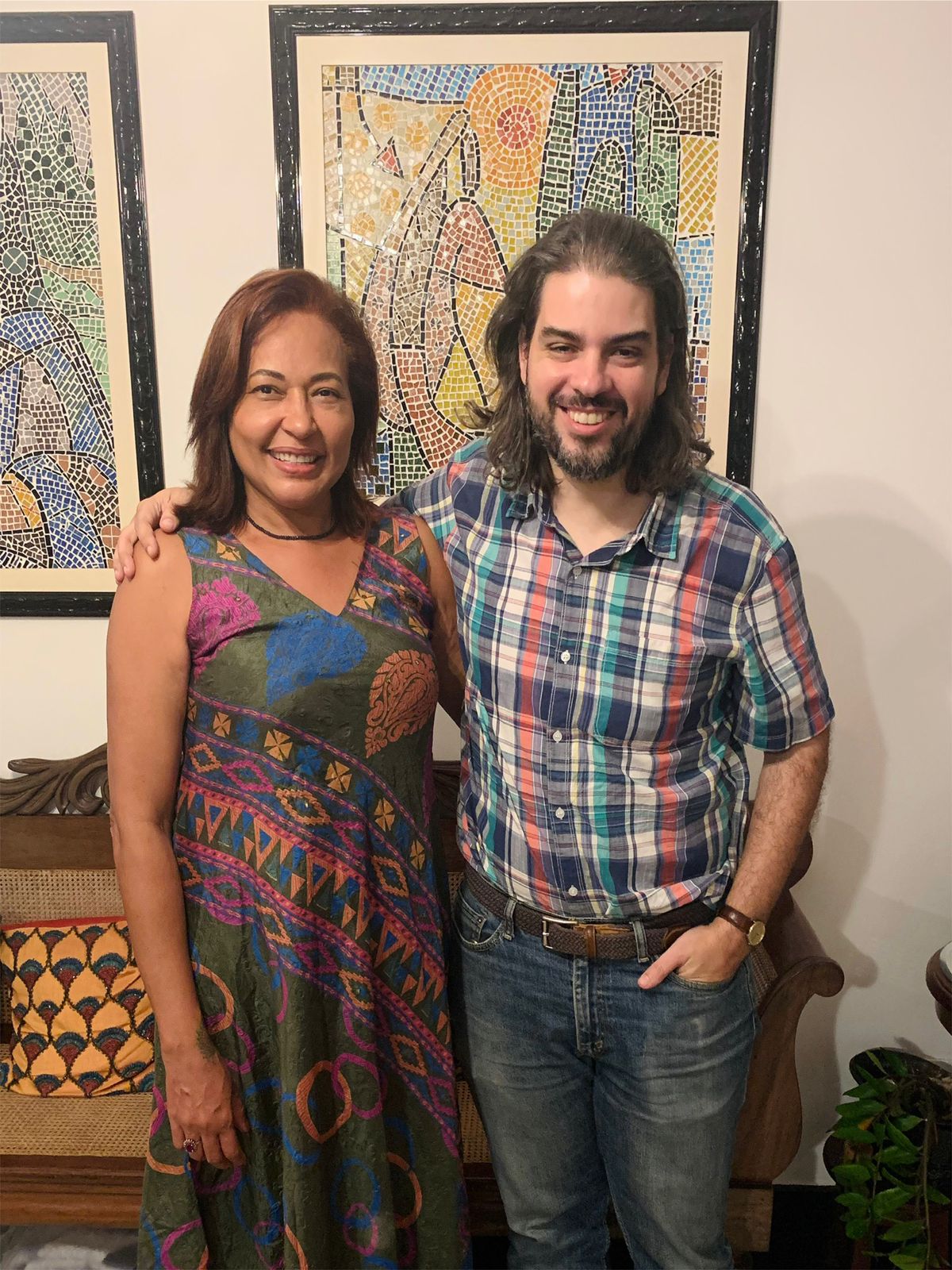BACH Workshop

The BACH workshop, held on June 12-13 at the University of Chieti (Italy) delved into the fascinating realm of Biobehavioral impacts of Arts and Culture on Health, Sustainability, and Social Cohesion. The event brought together experts, researchers, and practitioners to explore the profound impact of arts and culture on various aspects of human well-being and societal development. If you missed the workshop or want to revisit the insightful sessions, you can watch the entire event on the dedicated YouTube playlist. Stay informed about upcoming events and discussions by following the newly activated BACH Research Center social media channels on Facebook, Instagram, LinkedIn and YouTube. Join us in exploring the intersection of arts, culture, and human flourishing!
Cases for Culture. Roots of Resilience

The Roots of Resilience project looked at and strengthen the mechanisms through which cultural heritage organisations can foster resilience in communities of the Quadrilatero Ferrifero (Iron Quadrangle) region in the state of Minas Gerais, Brazil. The project’s premise was to propose a participatory and co-creative research approach by working with cultural organisations and empowering them to conduct research independently and with their communities: Associaçao Cultural Clube Osquindô, Casa Quilombê, Banda Sao Sebastiao Musical Corporation, the Carlos Drummond de Andrade Cultural Foundation and Atras do Pano Theatre Group. Coordinated by People’s Palace Projects (PPP) and conceived in partnership with Inhotim Institute, the project has been funded by the UK’s Arts and Humanities Research Council (AHRC) and the Department for Digital, Culture, Media and Sport (DCMS) via the Global Challenges Research Fund (GCRF). Read the Roots of Resilience Report English here.
For more Cases for Culture visit our Collection.
Alliance with 17, Instituto de Estudios Críticos

It is with great pleasure that we share with our community our partnership with 17, Instituto de Estudios Críticos. Recently from this platform we held the “XXXV International Colloquium: Critical Imagination” whose video recording can be seen here.
“What did We Do?” Weavers Meeting, Argentina

On Saturday, July 8, the Pre-Texts Argentina team met at its Buenos Aires headquarters, Casa Walsh, to share experiences on practices with psychologist Marta Giana, a specialist in mental health and collaborative work. For Pre-Texts Argentina’s work click here.
Winter Holidays at Centro Cultural Kirchner, Argentina

Research Project Selected by MEC, Brazil

A research project that was being developed by Professor Marilúcia Lago (Federal University of Goiás) and by Professor Matheus Batalha (Federal Institute of Sergipe) was selected by the Basic Education Secretariat of the Brazilian Ministry of Education (MEC). The main objective of this project is to support MEC in the development of innovative methodologies, such as Pre-Texts, for units/schools that comply with the socio-educational system for youth in deprivation of liberty. The general goals are mapping socio-education, identifying teaching methods and services, including verifying policies that are implemented in all Brazilian states; to implement a pilot intervention project; and to evaluate the necessity of reformulation of policies on Brazilian socio-education systems. This project aims to contribute to a new set of actions for the MEC.
Around Gabo, Colombia

We saw them arrive at two o’clock in the afternoon. Although disoriented and not very expectant, they seemed energetic and ready to embark on what they suspected was “a curious integration activity, during working hours”. They felt, laughed, played and reflected deeply around García Márquez’s story “something bad is going to happen in town. They did not expect it, they experienced a meeting between colleagues in which they met the person who was hiding behind the official in the office next to them and, based on the tragedy of Gabo who never was, they learned the stories, experiences and feelings of their colleagues who have been. We saw them leave at six o’clock in the afternoon. In the end no one wanted to leave.
Victoria Mena, Facilitator
Universidad Mayor and Aspire Chile
This organization will provide a unique education in English language learning. Our mission is to empower Chilean students, especially those in disadvantaged communities, by providing them with essential writing and speaking skills. We believe in the transformative power of English in a globalized world and we want to expand opportunities for success for all. Our team is motivated to create positive change in our community and create a future full of opportunities for all, following the example of the Aspire Institute.
3rd Cohort, Universidad Mayor, Chile

On July 3, Universidad Mayor began its third training program offered to its academics and administrative staff in addition to community services. On this occasion, the group to be trained is made up of undergraduate and postgraduate professors from the School of Education, academics from the School of Cinema and former students of Aspire Chile. In their first session they shared the poem The Raven, by the writer Edgar Allan Poe.
Pre-Texts Before and After, China
|